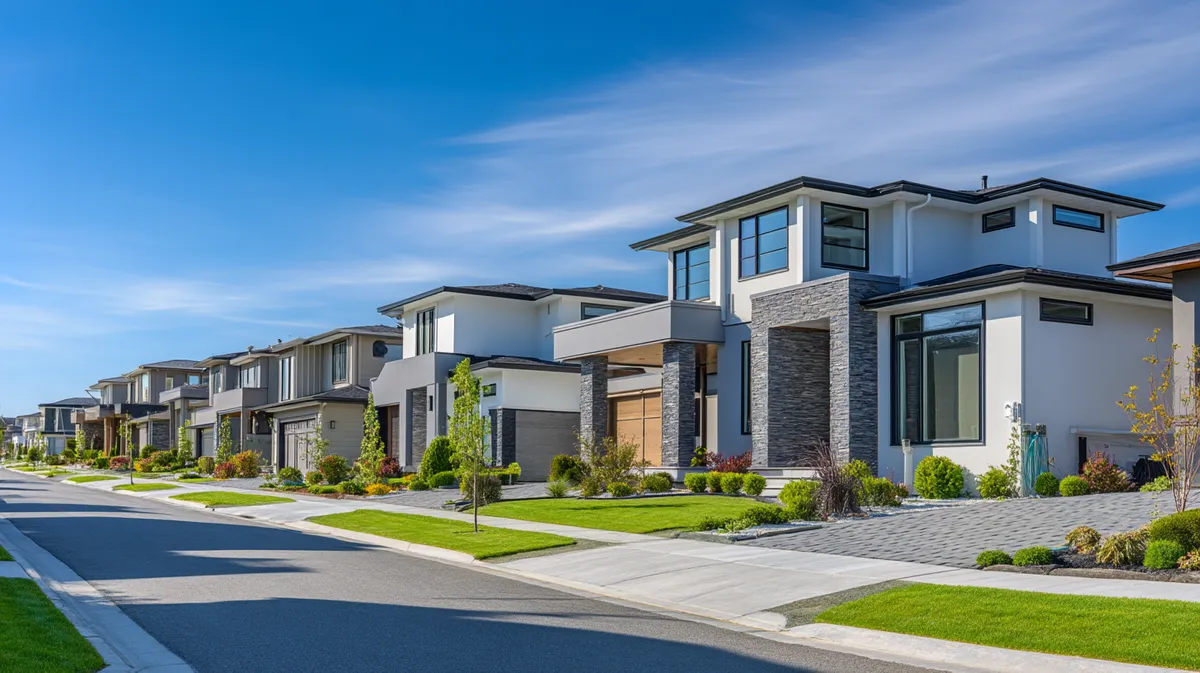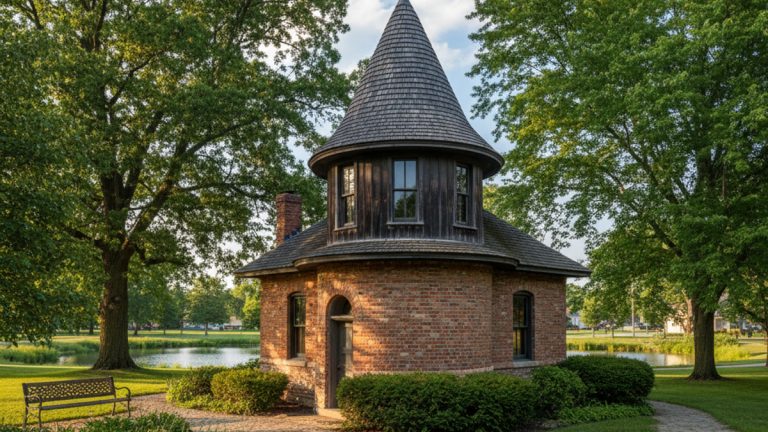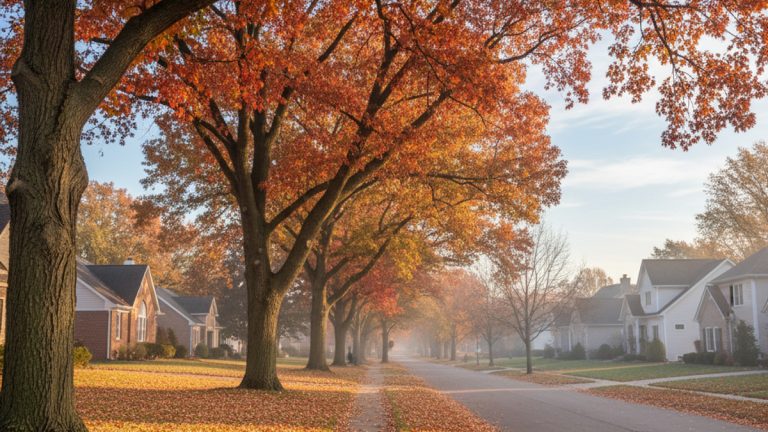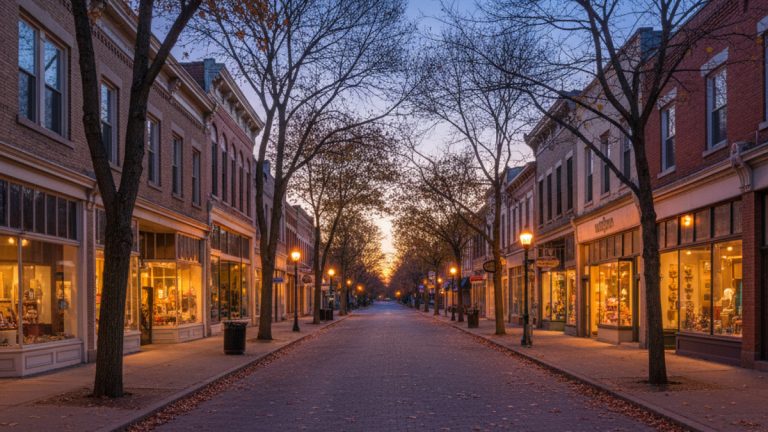When you’re buying a new construction home, closing costs are the “extra” line items that show up on top of the home’s purchase price. They’re due at the closing table, and they cover everything from the lender’s services to local government recording charges.
Typical closing costs on a new construction home include loan origination fees, the appraisal, credit report, title search and title insurance, attorney review, survey, pest inspection, and prepaid escrows for property taxes and homeowners’ insurance. Some are tied directly to your mortgage, while others come from third parties.
Within a few days of submitting your loan application, your lender will send you a Loan Estimate that outlines the expected fees and charges in plain numbers. As the process moves forward, the final Closing Disclosure arrives shortly before settlement, giving you the exact figures you’ll need on closing day.
Looking at both documents early lets you map out your budget and plan ahead, so the final check you bring to the table matches what you’ve prepared for, without any last-minute surprises.
Do Buyers or Home Builders Typically Pay New Construction Closing Costs?
The general rule is straightforward: buyers pay most costs tied to their mortgage and third-party services, while the builder (like a resale seller) covers their own obligations, such as deed preparation or transfer taxes where applicable.
But when you’re purchasing a new construction home, builders often step in with incentives. It’s not unusual for a builder to offer thousands in closing cost assistance if you use their preferred lender or title company.
There are important guardrails. Federal law prohibits builders from requiring you to use a specific title company in order to buy a new construction home. They can’t force you into a certain lender either, although they can offer credits if you voluntarily choose their affiliate.
Those credits can substantially reduce the costs involved in purchasing a new construction home, but you’ll want to read the fine print and confirm you’re free to shop for services if you prefer.
It’s wise to compare quotes, even if you ultimately stick with the builder’s suggested providers.
Can You Negotiate Closing Costs With a Builder?
Yes, and many buyers don’t realize how much room they have to negotiate. When you sit down with a home builder, you can ask directly about closing cost assistance. Builders often budget for these concessions as part of their marketing, especially in competitive markets or at the end of a fiscal quarter when they’re eager to close sales.
How much flexibility you’ll get depends partly on your loan program. Conventional mortgages follow specific caps for “interested party contributions.” If you’re putting less than 10% down, the builder can cover up to 3% of the home’s purchase price in credits. With 10%–24.9% down, the cap rises to 6%. If you put 25% or more down, the cap is 9%. VA loans allow closing cost credits plus additional seller concessions up to 4% of the home’s value. USDA and FHA programs also permit builder contributions, but the numbers vary.
Because these limits are tied to your loan type, it’s critical to coordinate with your lender. They can calculate how much help with closing costs you’re eligible to accept without jeopardizing your approval. Knowing your cap lets you push for the maximum benefit while staying inside program rules.
What Are Builder Incentives?
It’s common for builders to offer incentives that take some of the sting out of the costs of purchasing a new construction home. In some cases, it’s as simple as giving you a credit that knocks a chunk off your closing costs.
In other situations, the incentive is more creative. A builder might fund a temporary interest-rate buydown that trims your mortgage payment for the first couple of years, or they might cover one-time charges like the homeowners association’s initiation fee. Either way, the aim is to lighten your financial load—either at the closing table or in your monthly budget.
If the builder works with a preferred lender, you may also see reduced loan origination fees or waived charges. Those lender credits show up right on your Closing Disclosure as a lower “cash to close” figure, which can feel like instant relief.
But incentives come with boundaries. They count toward the maximum contribution limits for your loan program, and if the total goes over the allowed percentage, your lender may need to adjust the purchase price for underwriting.
The bottom line: builder incentives can genuinely cut the costs of buying a new construction home, but they aren’t free money. Ask for a clear breakdown that separates builder credits from lender credits.
Are Closing Costs Higher on New Construction Compared to Existing Homes?
They can be. Costs of new construction homes often include fees not found in a resale transaction.
For example, you might pay for a new survey of the lot, builder-required inspections during the construction phase, or fees for utility connections and impact assessments. Many planned communities also require a one-time working-capital contribution to the homeowners’ association at closing.
If you’re financing with a construction loan, you could encounter higher fees upfront. A two-time-close structure means you’ll pay one set of costs when the construction loan closes and another when you roll into permanent financing. A one-time-close construction-to-permanent loan streamlines the process, but you’ll still see draw-related inspection and administrative fees.
That said, builders often offer closing cost assistance that offsets some of these additional costs. Compared to an existing home where seller concessions might be smaller, a new build can sometimes net out similarly once you factor in incentives.
Ultimately, the costs vary by community, builder, and loan type.
How Much Are Closing Costs on a New Construction Home?
As a rule of thumb, closing costs on a new build typically range from 2% to 5% of the home’s purchase price.
On a $450,000 home, that’s anywhere from $9,000 to $22,500 in fees and prepaids. That number can climb if you add program-specific fees, like FHA’s upfront mortgage insurance premium or the VA funding fee.
The final amount also depends on local recording fees, property tax escrows, and whether you’re responsible for community-specific charges like HOA working-capital dues. Builder incentives can lower the cash required at the closing table, but your lender will ensure the contribution stays within program guidelines.
It’s best to request a fresh Loan Estimate after incentives are finalized and compare it to your Closing Disclosure three days before closing. That side-by-side check confirms the exact closing costs due.
FAQs New Construction Home Closing Costs
Who pays the closing costs on new construction homes?
Buyers usually cover mortgage-related costs and third-party fees. Builders sometimes pay closing costs in part by offering credits, especially if you use their lender or title partner.
What types of costs are included in closing costs for new construction homes?
Expect items like loan origination fees, appraisal, credit report, title services, surveys, attorney review, HOA contributions, and program-specific fees. All appear on your Loan Estimate and Closing Disclosure.
How do loan type rules help with closing costs?
Conventional loans cap builder or seller credits at 3%–9% depending on your down payment. VA loans allow unlimited coverage of closing costs plus concessions up to 4% of the value. FHA and USDA set their own guidelines.
Are construction loans more expensive at closing?
They can be. Two-time-close loans require two sets of closing costs. One-time-close loans consolidate the process, but you’ll still see construction draw inspection fees.
What’s the best way to prepare for closing costs on a new build?
Budget 2%–5% of the purchase price, ask about builder incentives, and shop for services you can choose, such as title or pest inspection. Always verify the “cash to close” on your Closing Disclosure before wiring funds.







